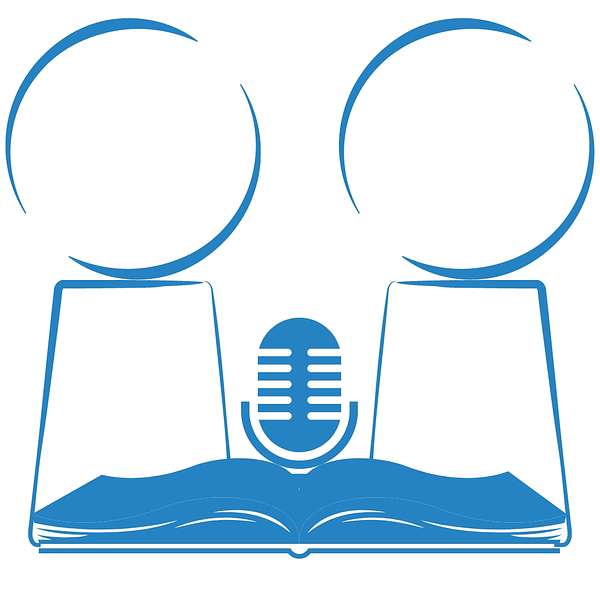
TALC Chats Podcast
Supported by Tacoma Area Literacy Council Volunteers.
This podcast supports American-English language learners by strengthening listening and comprehension skills. In addition, this podcast focuses on pronunciation challenges, idioms, and expressions in the American- English language.
Contact info: https://tacomaliteracy.org/ ph. 253-272-2471
TALC Chats Podcast
#34 - My dog 🐕 and cat 🐈 get along! Practice using "get" as a phrasal verb
We use that little verb “to get” a lot! We use it in more than 50 ways. That’s we called it the “chameleon verb” in Podcast 30. In that Podcast, we practiced 4 common ways we use the verb “to get” when we use it alone – as a single word.
1. We use “to get” to mean “to arrive”. I get home early on Mondays. – present I got home late yesterday. - past 2. We use “to get “ when we talk about a change in condition or situation: It (the weather) gets hot in July. (present) We get tired when we work 10 hour days. (present). She got married last year. (past)
3. We use “to get” to mean to receive or obtain: Tanya gets a new phone every year. (present) Max got a new job last week. past 4. We use “to get” to mean “to understand”. I never get your jokes. (present). The students got the grammar rule after the teacher explained it again. (past)
In this episode we will practice using “to get” as a phrasal verb. A phrasal verb is two or more words that make a new verb when we use them together. Let’s practice a few of the most common phrasal verb uses of “get “today.
1. Let’s start with a use that many people already know and use- to get up: to stand up from a lying or sitting position.
When we talk about standing up after lying in our bed, we say: I get up at 7 o’clock every morning. (present) We got up late on Saturday morning. (Past)
When we talk about standing up after sitting in a chair we say:The older man gets up from his chair without help. (present) I got up from the floor after I fell.
2. If I “get along with” someone it means I have a friendly relationship with them. You get along well with your roommate. (present) I always got along with my sister. (past) Her two dogs never got along. (past) Notice that we use get along “with”
3. Let’s practice 2 more uses that are similar:
To talk about entering a public means of transportation like a train, plane or bus, we say “get on”. The people get on the train one at a time. (present) I got on the plane in Las Angeles. (past) When we leave a public means of transportation, we say “get off”. I got on the train in Seattle and I got off in Portland. (past)
When we enter a car/ taxi/Uber/Lyft we say “get in”. Hurry up and get in the car. We have to go! We got in the car together.
When we leave the car or taxi/Uber or Lyft (vehicle), we say get out of. She forgot her books when she got out of the car.
Listen for those “get” verbs in our conversation. Some are phrasal and some are using “get” alone:
L: Hi. When did you get home from your trip to Montana?
D: We got home yesterday. We got up early yesterday morning because we had to get on the train in Spokane at 6:30 am.
L: How was your visit with your sister’s family?
D: It was wonderful! The kids got along well with their cousins, and everyone had a good time.
D: Yes, it’s great when everyone gets along, isn’t it? I’m glad the trip went well.
D: Me too! There was a problem when the train got to Tacoma, though.
L: What happened?
D: An older man who was sitting next to us fell when he was getting off the train. He got up and his friend helped him get in his car. I hope he got home OK.
L: Me too!
Tacomaliteracy.org